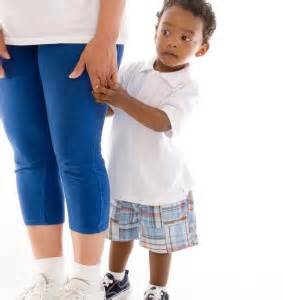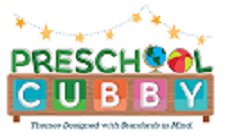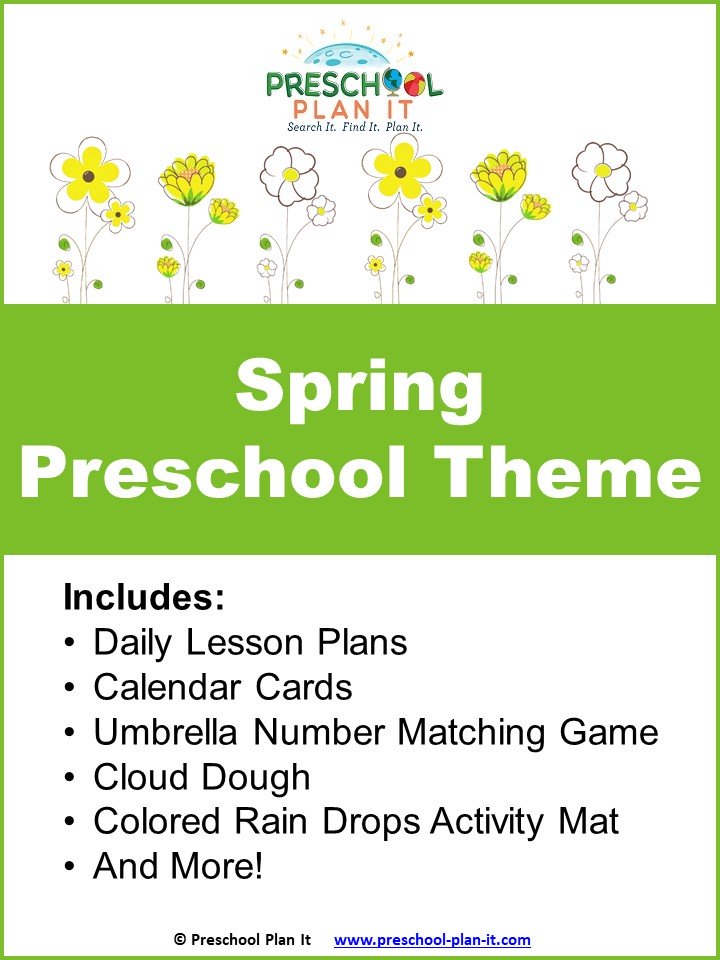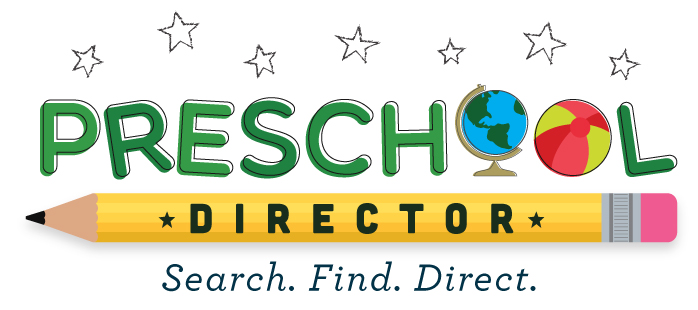Preschool Separation Anxiety
Preschool separation anxiety is vey common and can appear in many forms. And, it can happen not ONLY at the beginning of the school year, but after a vacation week or a long weekend.
Most preschoolers will transition fine into the classroom. However, a few will not. They may cry. They may have an all out breakdown. What's a parent to do?
There are many things parents can do to help their children with the transition to preschool before, during and after school begins.
12 Preschool Separation Tips for Parents
1. Read stories to prepare for school. My favorites are listed below. You can click the pictures to read more about the stories. They can be purchased at Amazon or other books stores if they are not available at your local library. Also, your child's teacher may have copies of them!
2. Participate in an arrival activity. Participate in some type of arrival activity when you drop your child off. Read a story or do a puzzle together. Most preschool teachers have what are called "arrival activities" set up. These are the activities the children participate in while waiting for their friends to all arrive. Participate in one of them with your child.
3. Hang up a family photo. Send a family picture to school for your child to hang in their cubby. This gives them a visual reassurance that they can go over to look at then they are missing you.
4. Talk with your child about the preschool seaparation anxiety process. Let your child know what will happen so the process is not a surprise. This will help reduce the amount of preschool separation anxiety. For example:
"When we get to school, we'll use the bathroom and I'll help you hang up your jacket. We can read a story or do a puzzle and then I will leave so you can start your school day with your friends and teachers! Then I'll come pick you up after _________ (whatever the last activity of the day is)."
5. Check the schedule together. Look at the Visual Schedule the teacher may have in the classroom. Showing a child how the day will be and when you will return is very comforting to children. They can see this schedule throughout the morning or day and know when you will return just by looking!
6. Follow through with your plan! It is important for you to be consistent in what you say will happen and what your do at drop off time. Follow through with the plan. Once they have read one story, it is time for them to leave, not time for them to read a second story after much pleading! Let the teacher know when you are ready to leave if your child is having a tough time so the teacher can intervene.
7. Do NOT APOLOGIZE for leaving! Many times when a child is crying, a parent will say "I'm sorry honey. I have to leave." Please, do NOT do this. This--though unintentional--tells the child that you are not comfortable with them staying there and they you do not WANT to leave them. This only increases preschool separation anxiety. "If my Mom doesn't want me to stay here, I don't want to stay!"
8. When you say goodbye to your child---LEAVE!! This is the BIGGEST problem in classrooms every year. The 20-minute goodbye! Your goodbye needs to:
- Happen and
- Be quick!
What I mean is, you NEED to say goodbye. Leaving the classroom quietly when your child is otherwise occupied only sets him/her up to have a meltdown once they realize you are gone.
Once you say goodbye, you need to LEAVE. Please do not drag out a goodbye. If you are not going to leave right away, do not say goodbye. Once you do say goodbye, however, you need to leave swiftly and with a smile on your lips!
9. Hand your child to the teacher. Don't be afraid to hand your child to the teacher if your child is having a tough time. There is nothing worse than having to peel a child off a parent. It gives your child the idea that a stranger (the teacher) is taking them away from their parent. A parent handing their child to to the teacher (even though some peeling may be necessary) tells the child that you are comfortable with them staying with the teacher at school.
10. Ask for a phone call.....or make one! If you have concerns about your child's preschool separation anxiety, ask if the teacher can call you or text you to let you know how they are doing.
Set up a time to talk on the phone or to meet with the teacher about your concerns at a time other than drop off time. We want your child to succeed! Teachers should welcome this communication! I also recommend that you not discuss it with the teacher in front of your child. This just creates more anxiety for your child.
11. Know that preschool separation anxiety may return. It can return even after it seems to be gone for good. It can be after a long weekend, a vacation or an illness. If this happens, following the above steps will help them through it once again. Only this time, it will be easier because trust has not only been built between the teacher and the child as well as you and the teachers.
12. Focus on your child at pick-Up time. Be prepared to be 100% focused on your child at pick up time. They've had a tough drop off and can have any number emotions emerge when you pick them up. These emotions can range from happiness to tears to anger. Turn your cell phone to vibrate before you come into the classroom.
Personal bug-a-boo: Nothing annoys me more at pick up time than seeing a parent snap their fingers at a child and point to the child's jacket and backpack while they talk on the phone.
Children need your undivided attention for at least 5 minutes at pick-up time. This is a great time for the you to reinforce that you said you would return and you did! Take a few minutes to ask about their day and perhaps look at something their child made or meet one of their child's new friends.
Preschool Separation Anxiety Summary
Preschool separation anxiety is very, very common and very normal. Please don't think you have done something wrong or that you are making the wrong choice if your child experiences it. For most preschoolers, this anxiety is gone by the beginning of the 2nd week in a full time program (the 3rd week if in a part time program).
Stay in communication with the teachers about your child's preschool separation anxiety levels and be kind to yourself! Preschool is an awesomely fun place to be! And, by following these tips, you are setting a strong foundation for their future years in school!
Go to Preschool Professor's HOME Page









